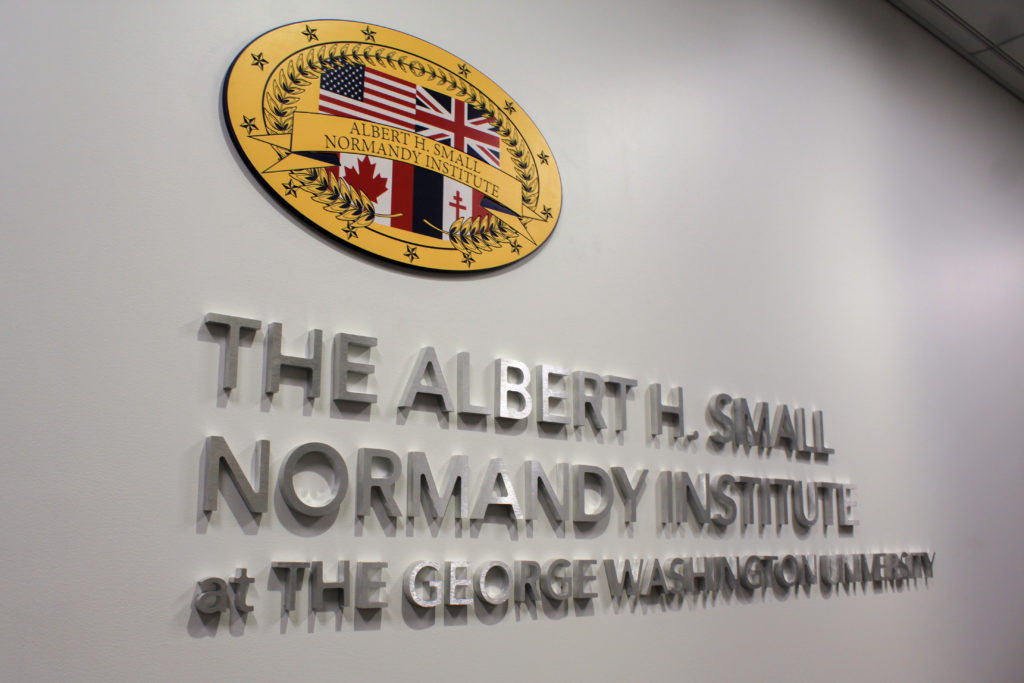Albert Small, a philanthropist who helped establish research and historical studies at GW, died last week. He was 95.
Small attended GW Law from 1947 to 1948 and received an honorary doctorate of public service in 2016 for his cultural and historical contributions to the University. He helped form a collection of 17th and 18th century archives in The George Washington University Museum and The Textile Museum, and he established the Normandy Institute at GW in 2011, which sends high school students and their teachers to Normandy.
“He was a wonderful, wonderful man, a huge supporter of our University,” University President Thomas LeBlanc said in a release last week. “We are deeply sorry about his passing and want to share our condolences with his family.”
Small received the President’s Medal – the highest honor that can be bestowed by the University president – in 2011. The University recognized Small as one of its Monumental Alumni during the bicentennial earlier this year.
Small donated nearly 2,000 maps, manuscripts, books, newspapers and prints to GW in 2011 to form the archival Albert H. Small Washingtoniana Collection, housed in GW’s Textile Museum and showcasing the history of D.C..
The Normandy Institute that Small established commemorates World War II soldiers who died on D-Day in 1944. The high school classes that take the trips through the institute can research a fallen soldier in Normandy from their hometown in the United States after participating in lectures led by the University’s history faculty, according to the release.
The release states Small also served on civic and cultural boards – like the National Trust for the Humanities, a charitable organization advocating for the humanities, the National Symphony Orchestra and the National Gallery of Art. He received the 2009 National Humanities Medal in recognition of his work to teach the nation more about humanities and broaden citizens’ engagement with history and literature.
He also served as the president and CEO of Southern Engineering Corporation, a real estate development firm that has built more than 20,000 buildings throughout D.C. since he founded it in 1950.
He is survived by his wife, his six children and his grandchildren. A memorial service was held Oct. 6.





